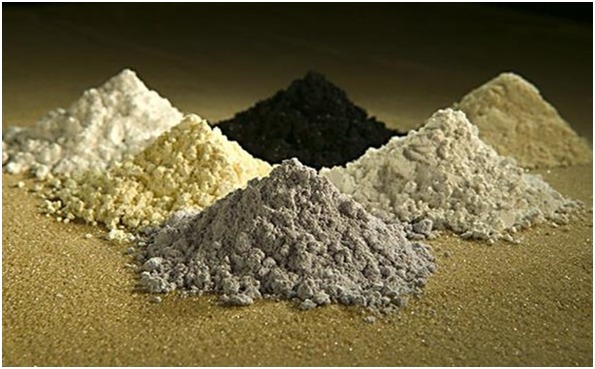
[Kabul Water Crisis 💦]
“Kabul be zar basha be barf ne - May Kabul be without gold rather than snow!”
An ancient proverb points at the Hindukush Mountain which is a primary source of #Afghanistan’s water supply - Afghanistan especially #Kabul is in need of water. 1/8
“Kabul be zar basha be barf ne - May Kabul be without gold rather than snow!”
An ancient proverb points at the Hindukush Mountain which is a primary source of #Afghanistan’s water supply - Afghanistan especially #Kabul is in need of water. 1/8

Kabul is running out of Water. Violence & rising temperatures have left the residents of #Kabul in the midst of a water shortage for years and the recent drought has only made things worse. 2/8
Kabul's geographical location augmented a number of wells owing to a dramatic increase in the population, rapid melting of glaciers on Hindukush mountains, and lack of a proper water supply system – which have all contributed to the growing water shortage. 3/8 

70% of Kabul residents don’t have access to piped water supply and just 10% of the population has access to potable water - According to The Afghanistan Urban Water Supply and Sewerage Corporation (@AUWSSCHQ ). 4/8
“There is concern that the city could literally dry up,” Said Mayor of Kabul Hamdullah Nomani - As water becomes scarce - Cleanliness, hygiene & sanitation have been put at risk. 5/8
Read More:
ariananews.af/kabul-mayor-sa…
Read More:
ariananews.af/kabul-mayor-sa…
The main factors for the lack of unclean water are the lack of proper waste management & water filtration. Agencies like Kabul Municipal use toilets and streets water for irrigation purposes in the city which is very harmful, while sewage waste is dumped into the river. 6/8 

This has also affected the health of residents – Who frequently face bouts of Diarrhea, which can lead to death. According to the @USAID - 42% of Afghans have access to safe drinking water and only 27% of the rural population have access to sanitation facilities. 7/8 

A greater number of resources & better waste management are the need of the hour for Kabul - Solutions to this pressing issue include surface water conservation, building dams & stopping wells to be built. 8/8 

• • •
Missing some Tweet in this thread? You can try to
force a refresh








